Former Minister of Aviation, Osita Chidoka, has observed that fuel prices in Nigeria may not be high when compared to global standard prices, but the problem is that the income of the average citizen is very low and can’t cover consumption on a sustainable basis.
Mr Chidoka stated this while reacting to the fresh hike in price of fuel in the country.
Join our WhatsApp ChannelHe said he spent ₦100,000 nearly filling the tank of a Lexus 460 jeep at ₦1,140 per litre, which is ₦30,000 higher than the ₦70,000 minimum wage newly approved for Nigerian workers.
READ ALSO: Petrol Smugglers Profited N17 Million per Truck Under Subsidy Regime – NNPCL
According to him, going by the average eight hours a day for 20 days in a month, every Nigerian worker earns ₦437.5 per hour. Analyzing what it would take every Nigerian worker to make money for one litre of fuel on an hourly basis, Chidoka explained that it takes 2.6 hours of work to afford a litre of petrol.
“A young graduate earning ₦150,000 monthly requires 1.2 hours of work to purchase a litre,” he stated.
The minister compared fuel prices and minimum wage in Nigeria with some other countries like Egypt, and South Africa using ₦1,600 per dollar exchange rate.
He realised that for Egypt, fuel costs is ₦443 per litre, and the monthly minimum wage is ₦202,400 (₦1,265 per hour), therefore taking only 21 minutes of work to buy a litre of fuel.
READ ALSO: Trekking Through Inflation: Nigerians Struggle With Rising Petrol Prices
For South Africa, he said his computation show that the cost of fuel in the country is ₦2,480 per litre, however, the minimum wage is ₦395,824 (₦2,320 per hour) and concluded that it takes one hour and four minutes to get make the money to buy a litre of fuel.
“Fuel prices in Nigeria may not be high by global standards, but it appears incomes are too low to sustain meaningful consumption,” he stated.
The ex-minister stressed that it is it’s time to “rethink the nation’s economic growth and production strategies.”
Victor Ezeja is a passionate journalist with seven years of experience writing on economy, politics and energy. He holds a Master's degree in Mass Communication.

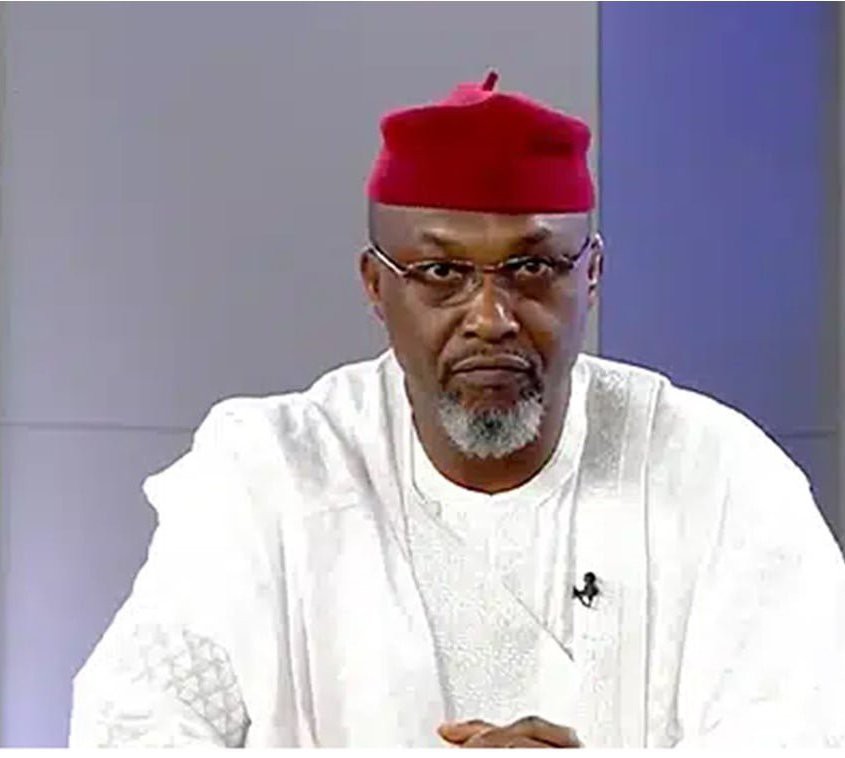




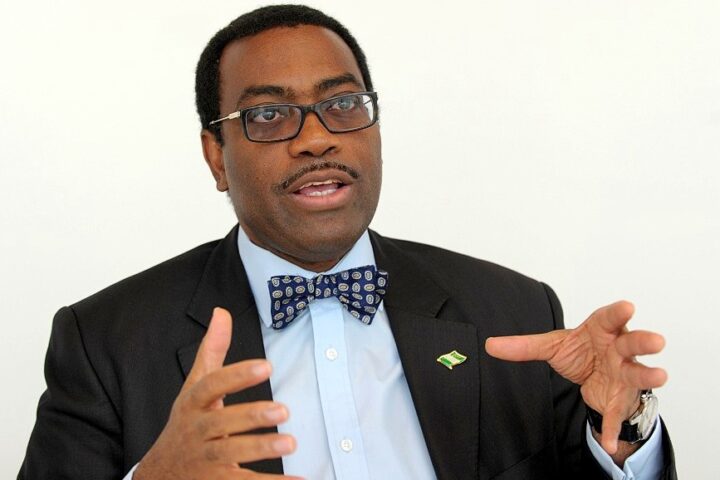
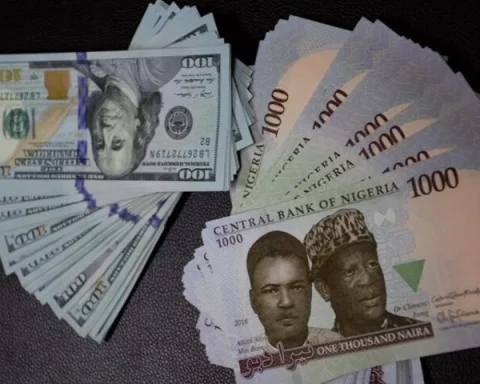
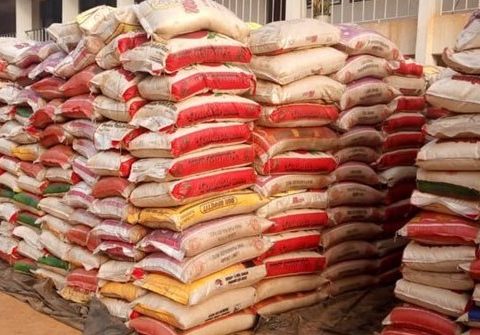
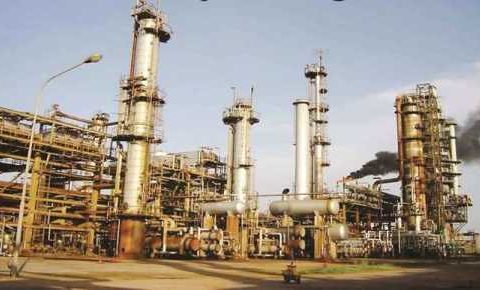






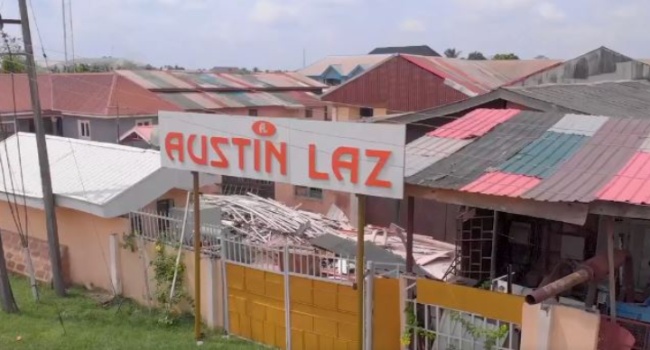


Follow Us